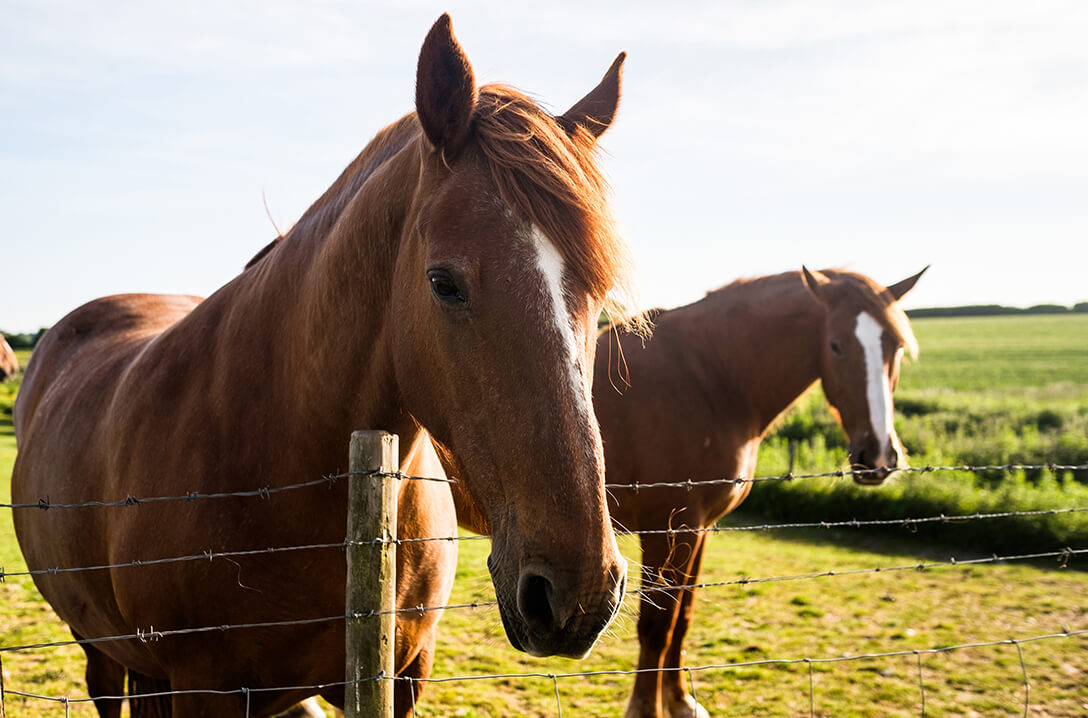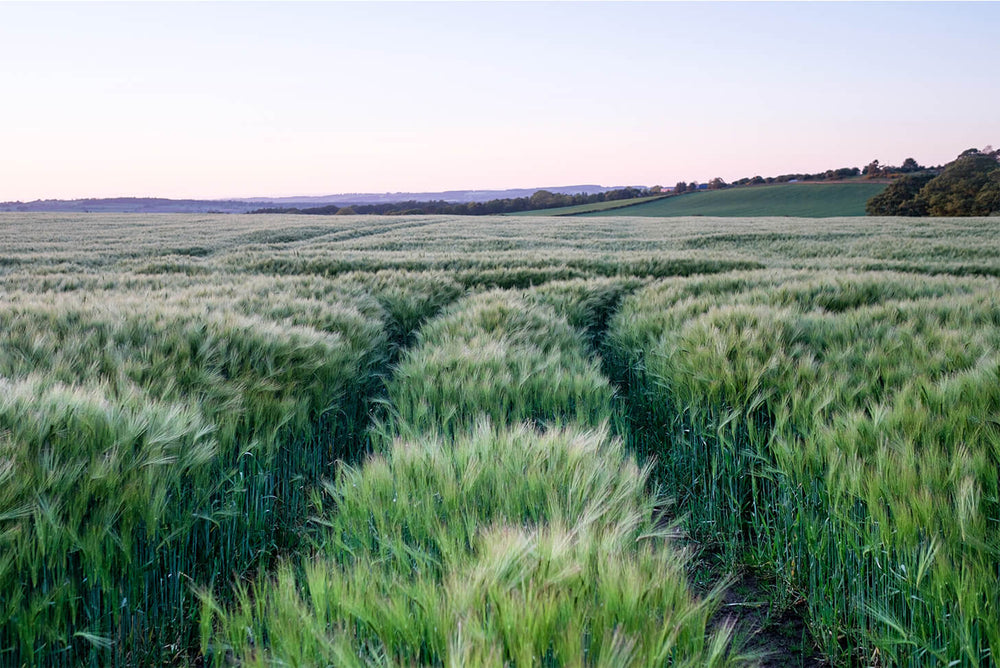We were in the north of England, and the sun was already well on its way across the sky when we woke. The birds, butterflies and bees had been awake for hours by the time we made our way outside with our morning teas and coffees, plates of buttered toast balanced on our laps. Each day new flowers would open up, adding their color to the chorus of plants in the garden. We weren’t in a rush. The hours seemed stretched out, as if passing by in slow motion.




The idyll of summer in England is one of abundance – abundant daylight, especially at this northern latitude, but also bucolic wildflower meadows, hedgerows full of life and the heavy fragrance of elderflower blossoms, and ripening strawberries, currants and gooseberries, tart and sweet on our tongues. When the weather complies, it is a magical setting for walks through the forests, moorlands, meadows and farmland that surround us.




When the weather takes a colder turn and the rain and clouds cling to the landscape, we feel cheated, but resigned to find the beauty in this temperamental island climate. We put on an extra layer and go for woodland walks in the rain, leaving the gravel track for soft moss-covered paths created by deer and foxes and rabbits, avoiding the stinging nettles and thorny brambles. We lean against old trees for shelter, the smell of pine and earth all around us. Hunger inevitably kicks in and we escape the rain to warm up with Sunday lunch at our favorite pub, opting for roast beef with Yorkshire pudding, roast potatoes, mashed rutabaga, cabbage and gravy washed down with pints of traditional cask ale.


When the sun returns, farmers take their chances and cut, spin and bale their hay fields, seizing the opportunity to preserve summer’s abundance for the winter, when the sheep and cows need it most. The grain fields gradually changed from green to golden during our weeks here, with ripening grains of wheat, barley, rye and oats whispering with the breeze as they dried. The golden hues of summer turning from spring to autumn will soon be unmistakable everywhere, but for now we ignore that eventuality and pretend summer is endless.




The evenings settle in slowly, taking their time. Deer quietly lead their fawns through the forests and out into the fields under the cover of dusk. Nightjars churr invisibly, and the conversational calls of tawny owls drift in through the windows with the cool night air. The sun seems reluctant to disappear over the horizon, leaving its pale glow in the atmosphere long after we drift off to sleep.



